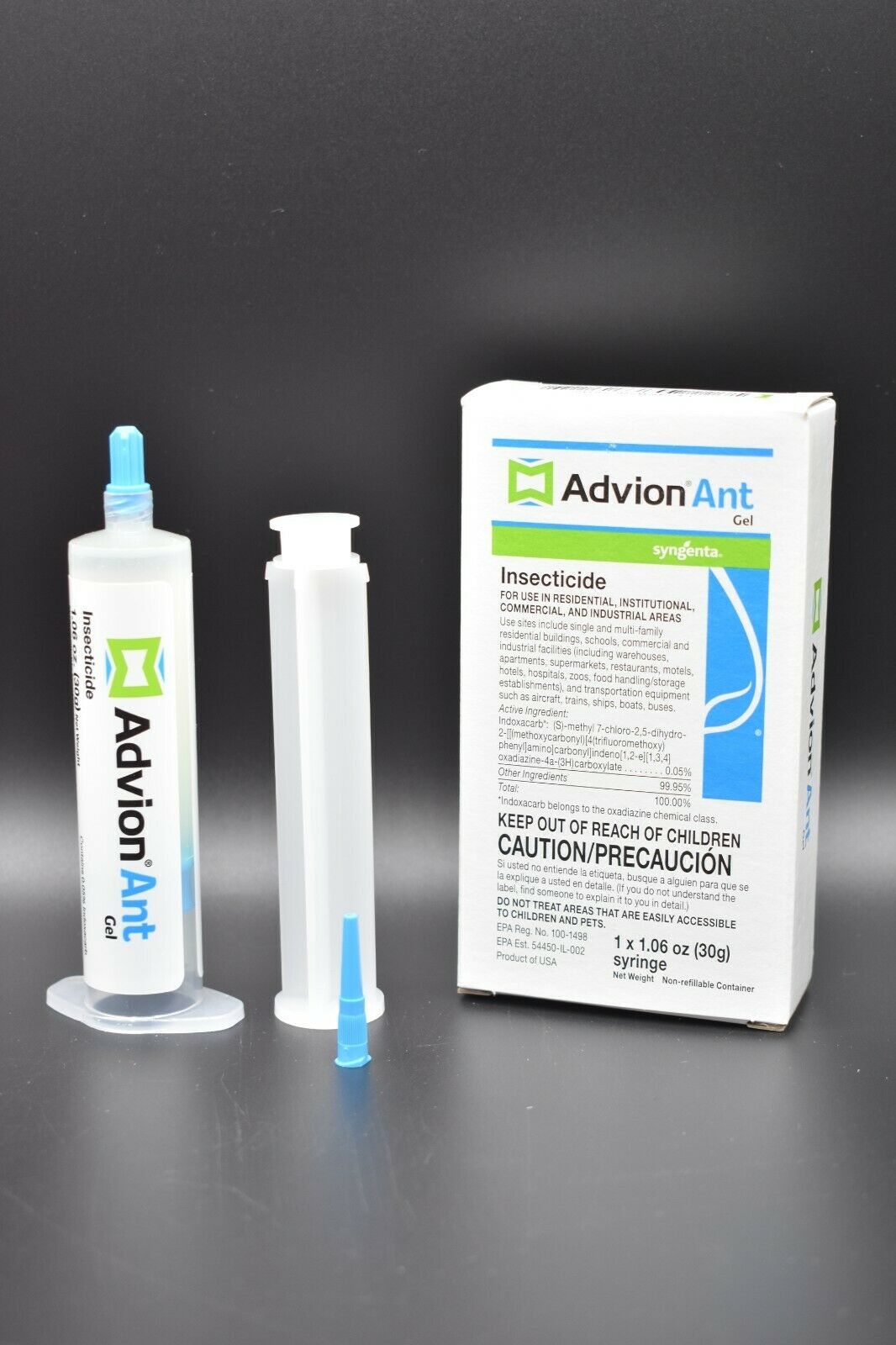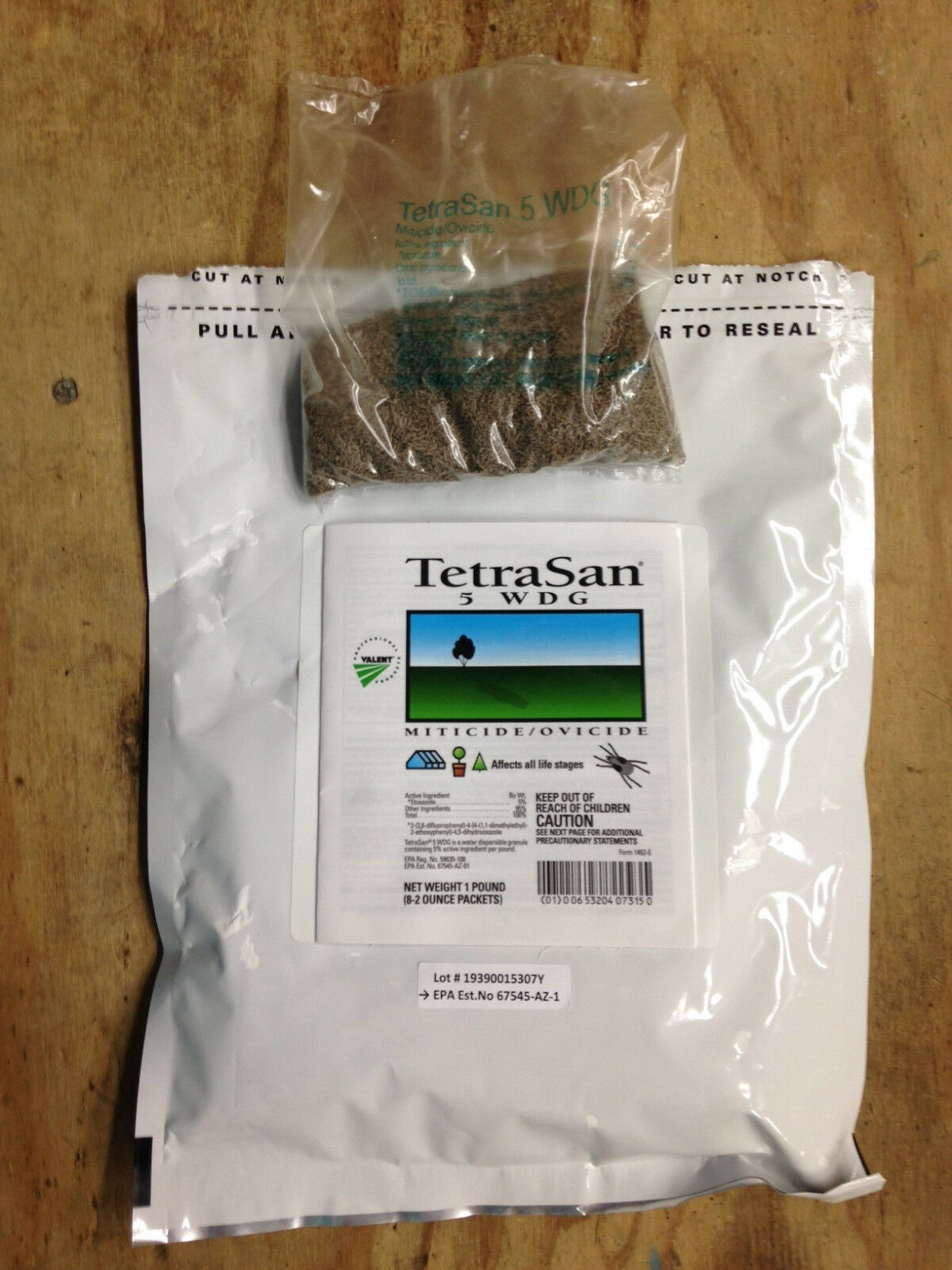-40%
1,500 Live Ladybugs & 2 Praying Mantis Eggs in Pouch & 1000 Green Lacewing eggs
$ 26.66
- Description
- Size Guide
Description
Bug Sales 1,500 Live Ladybugs & 2 Praying Mantis Eggs in Pouch & 1000 Green Lacewing EggsIncludes: 1,500 Live Ladybugs & 2 Praying Mantis Eggs in Pouch & 1000 Green Lacewing Eggs
These 3 general predators will help you grow organic without using chemicals
General predators that eat many slow-moving and soft bodied insects. Including; Aphids, Moth eggs, Mites, Scales, Thrips, Leaf Hoppers, Mealybugs, Chinch Bugs, Asparagus Beetle larvae, Whitefly and other soft and slow-moving insects.
When using insects think preventative!!
Guaranteed with Live Delivery!
Includes:
1,500 Live Ladybugs & 2 Praying Mantis Eggs in Pouch & 1000 Green Lacewing Eggs
WARNING - WE DO NOT SHIP ON THE WEEKEND! WE ARE CLOSED AND WE DO NOT SHIP ON THESE DAYS TO ENSURE OUR BUGS DON'T SIT IN A WAREHOUSE.
Ladybugs
are general predators that eat many slow-moving and soft bodied insects. Including; Aphids, Moth eggs, Mites, Scales, Thrips, Leaf Hoppers, Mealybugs, Chinch Bugs, Asparagus Beetle larvae, Whitefly and other soft and slow-moving insects. Ladybugs are a must-have for organic gardening or organic farming.
Release Rates:
1,500 ladybugs cover approx.1000 sq. ft.
Lacewing
are Predator to: Aphids, Leafhoppers, Spider Mites, Mealybugs, Thrips, Whiteflies and other soft bodied insects.
Application:
1-5 per sq.ft. of planted area.
Description:
lacewings eggs typically hatch within 5 days, depending on the temperature. It has been noted by our experienced farmers that the lacewing larvae can consume up to 600 aphids during their larva stage. The lacewing larvae live 15-20 days, pupate and become an adult for 2 months. While an adult the lacewings fly around and lay eggs near infested plants. The adults only feed on pollen.
Mantis
Egg cases are contained in Hatching Habitat Cup. Each egg case will hatch out approximately 50-200 baby mantises. When hatching, the young crawl from between tiny flaps in the egg case and hang from silken threads about 2 inches below the case. After drying out, the young will disperse. This happens within an hour or two. It is very difficult to know if hatching has occurred, unless the elusive and well camouflaged young are found.
Note: You can release lacewings with other beneficial insects like ladybugs and praying mantis!! We recommend releasing the same day as received.













